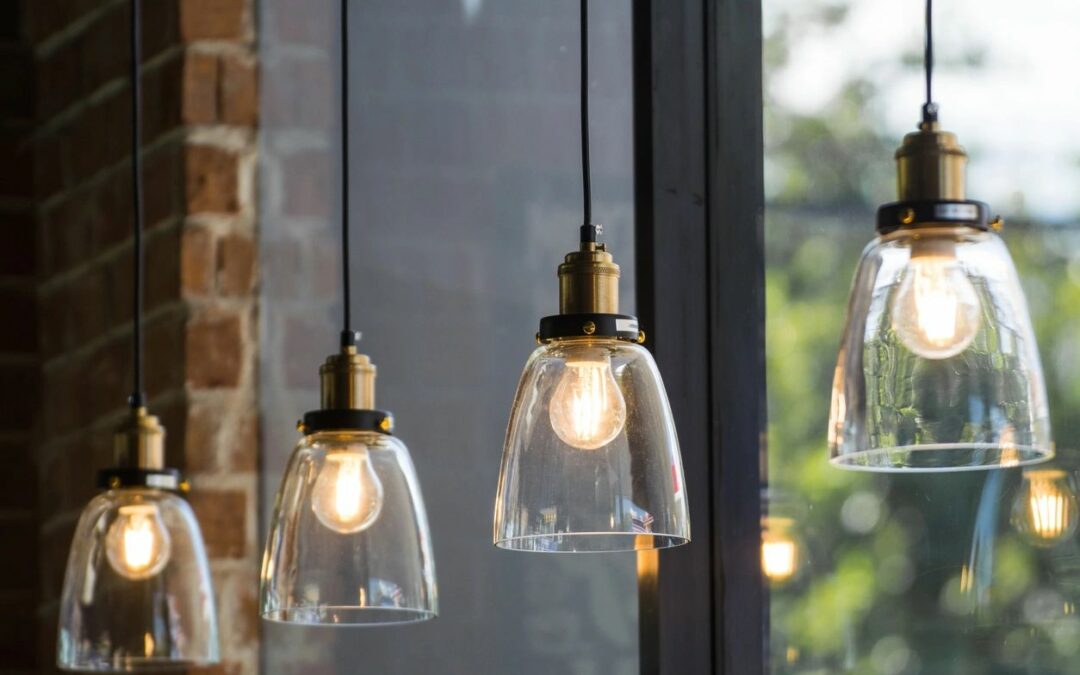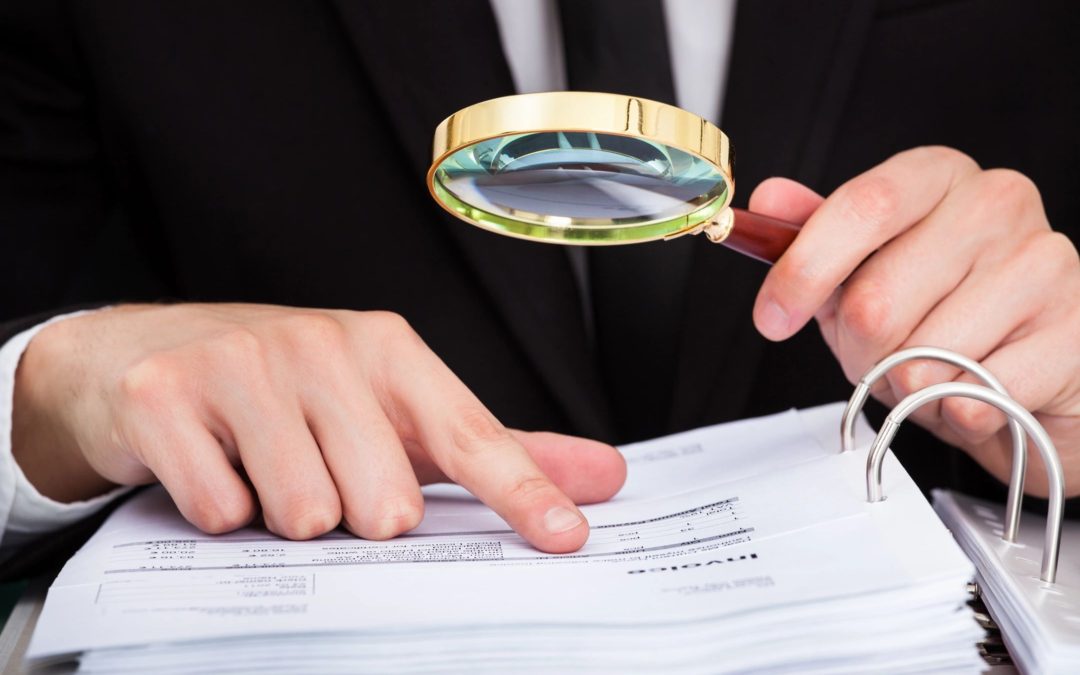
by Matthew Johnson | Nov 8, 2019 | Patent Eligible Subject Matter, PGR
By Austin Ball and Matt Johnson On October 10, 2019, the Patent Trial and Appeal Board (“PTAB”) issued a Final Written Decision in favor of Avepoint, Inc. (“Avepoint”) and against Onetrust, LLC (“Onetrust”) in an America Invents Act post grant review (“PGR”) of...

by John Evans, Ph.D. | Jul 30, 2019 | PGR
By John Evans and Kerry Barrett The PTAB’s recent decision instituting post-grant review of a design patent in Man Wah Holdings Ltd. v. Raffel provides interesting perspectives on how design patent invalidity theories work. This decision highlights the subtle...

by Matthew Johnson | Jan 28, 2019 | PGR
By Sue Gerber and Matt Johnson The America Invents Act (“AIA”), also called the Patent Reform Act of 2011, was enacted to overhaul the U.S. patent system and harmonize the domestic patent laws with those in the rest of the world. The AIA also created new procedures...

by S. Christian Platt | Nov 12, 2018 | PGR, Prior Art Issues
By Christian Platt, John Evans, and Kerry Barrett On October 23, 2018, the PTAB found unpatentable B/E Aerospace’s U.S. Design Patent No. D764,031 (“’031 patent”). C&D Zodiac, Inc. v. B/E Aerospace, Inc., PGR2017-00019, Paper 37 (PTAB Oct. 23, 2018). The ’031...

by Sue Gerber | Apr 3, 2018 | Estoppel, PGR
By: Sue Gerber While claims among patents in the same family can be very similar, such similarities are not enough for the statutory estoppel provision of 35 U.S.C. §325(e)(1) to apply. In Telebrands Corp. v. Tinnus Enterprises, LLC, the PTAB interpreted the scope of...

by John Marlott | Feb 22, 2017 | Federal Circuit Appeal, PGR
By Christian Damon and John Marlott In a post last month we explained that the standard applied by the PTAB in post grant proceedings for determining whether claims are sufficiently definite under 35 U.S.C. §112(b) is more demanding than the standard applied by U.S....







